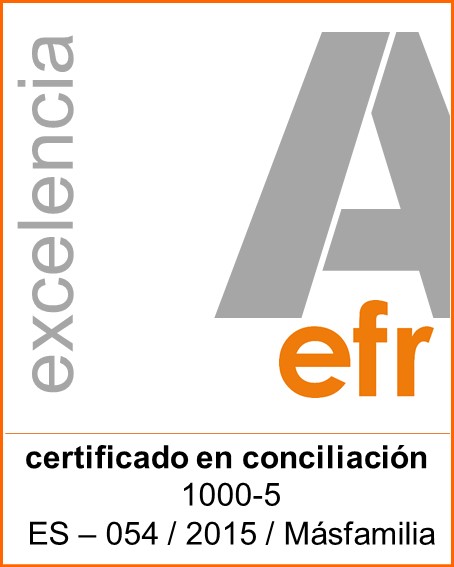We’re sometimes unaware of the need for Facility Management training, believing that knowledge is acquired empirically, which isn’t true. Let’s see why:
Professionalising the activity
In most professions, you need to be qualified in order to carry out a specific job, which involves gaining qualifications awarded by a recognised body. We can’t imagine a doctor, an engineer or a lawyer practising without a corresponding degree, at least not legally. It’s also true that there are some professions for which a degree course is not required. We know there are people working as journalists or designers without having a degree in those disciplines. They may at times have the skills needed to perform a specific activity, but they may also have limitations beyond that.
Studying a Facility Management degree course takes three, four, or up to five years, depending on the university. During that time, you study many subjects,and, as with other disciplines, only a small percentage of what is learnt is put into practice. The idea is to prepare professionals for different case scenarios. The diversity of areas that FM encompasses makes it necessary to understand the management of aspects like space, sustainability, maintenance or even customer service.
The need to set limits
The bigger a company is, the more specialised the tasks of the Facility Management team should be. Conversely, the smaller it is, the more duties individuals will have and the more general these will be. In a large corporation, there’l be someone specialising in transfers or in the vehicle fleet, for example. In a small one, there’l be a Site Manager -a one-man band- responsible for practically everything, without the need for extensive knowledge in any area. Everyone needs a different level of training depending on the qualifications or experience required for each job. Someone who ends up being in charge of a building could be an engineer, an architect or a lawyer, and each of these has very different knowledge.
If you don’t hold the degree, there’s no single course to fit everyone, and, as circumstances are very broad, it is necessary to be more specific. What we’ve done at the FMHOUSE Institute is focus on the most strategic parts and offer different Master’s degrees programmes and specialised courses. We have also developed some professional accreditations for those who do not require in-depth knowledge, but want to cover different areas of Facility Management. In any case, everyone should look for the training that best suits them, taking into account where they are now and what they want to achieve in the near future. We can help you make that decision.
Keeping up-to-date
Aside from Facility Management training itself, it’s important to stay up-to-date on the discipline’s development. Not only does technology move forward, but the models and methodologies that are used to solve problems also evolve. Facility Management changes so fast that we struggle to keep abreast. This makes us ineffective, or means that we don’t offer companies the best solutions, regardless of whether you work in the FM department or you’re a supplier. It’s important that those engaged in Facility Management invest some time and effort in staying up-to-date with trends and understanding how new developments can impact them.
In recent years, we have developed a series of sessions which help gain an understanding of cross-cutting themes such as FM models, service integration, customer management or agile methodology applied to services and spaces. In sessions that are updated every quarter, and conferences on ISO 41000 standards, we also cover current affairs so you learn where the sector is heading, the impact of technology or market situations. Currently, our degree courses offer two learning options: either classroom-based workshops or webinars.









